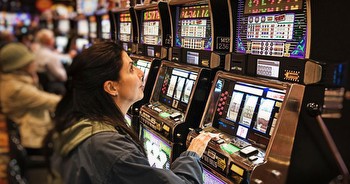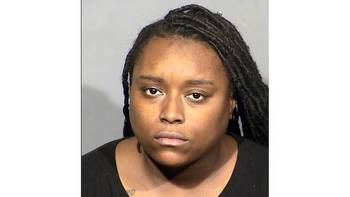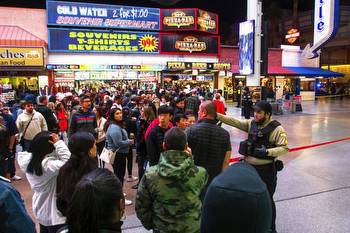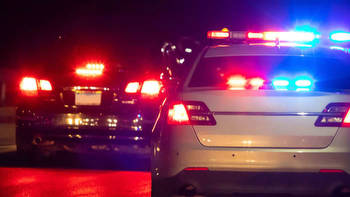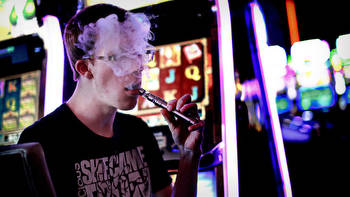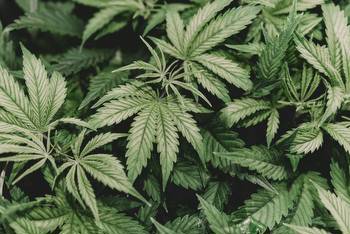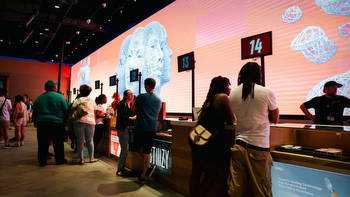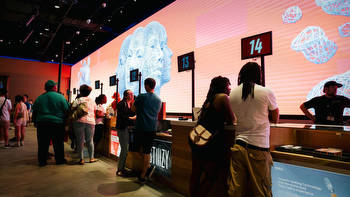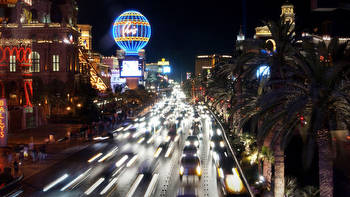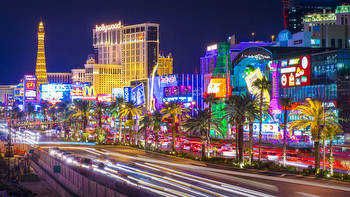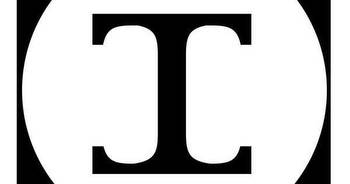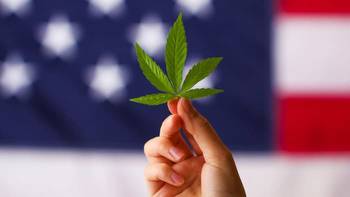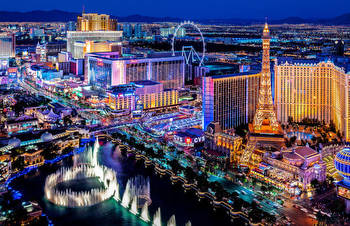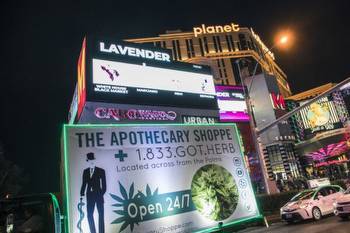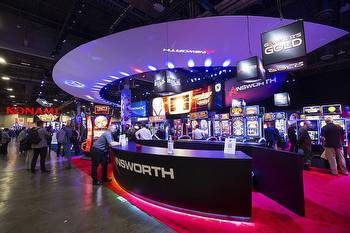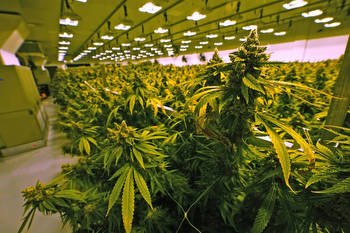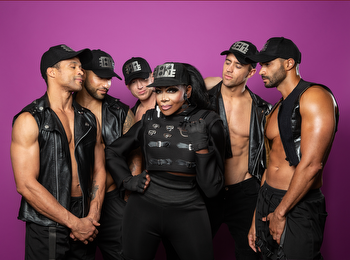Las Vegas, Las Vegas Strip Have An Unexpected Cannabis Problem
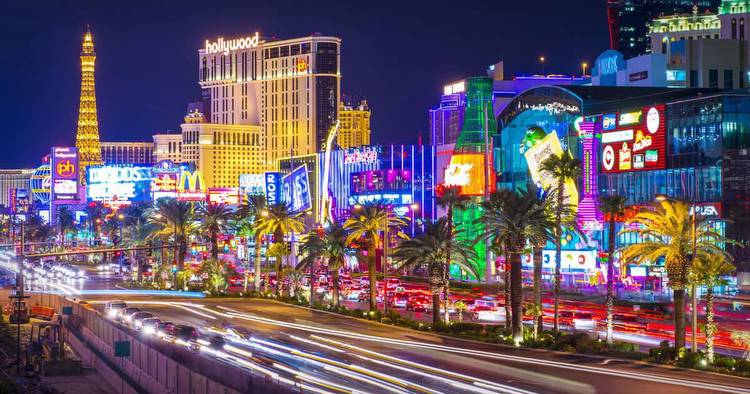
Legal marijuana consumption comes with some obvious problems but the Las Vegas Strip has an extra issue that's raising concerns.
When Nevada legalized recreational cannabis people expected the normal array of problems as Las Vegas tourists over-indulged. It's not like Sin City's tourism industry lacks experience when it comes to people who have had a few too many drinks or perhaps made another poor consumption choice.
Every Las Vegas Resort Casino operator has security and medical procedure in place for everything from belligerent customers to health-related issues. You can drink as much as you want in Las Vegas and/or consume all the cannabis you can handle, but cross that line and you will be handled -- not the old-school Las Vegas broken legs and dumped in an alley handled, but security (or the police) will make sure that your bad choices don't impact others.
Legalized cannabis, however, has come with its own set of unique problems. First and foremost casino operators including the Las Vegas Strip's biggest operators, Caesars Entertainment (CZR) - Get Free Report and MGM Resorts International (MGM) - Get Free Report can't play any part in the cannabis industry.
Since they're regulated by federal law, casino operators can't house dispensaries or Las Vegas's newly-approved cannabis lounges. That means that people not only have to leave their Strip or downtown resort in order to buy marijuana, but they also have to leave to legally smoke it.
That forces people into cars -- hopefully rideshares and taxis -- but not always and that's creating fears as fatal car crashes have been on the rise in Nevada. That's stoking fears that legal cannabis consumption lounges -- which will, in most cases, be at least a mile off the Las Vegas Strip -- could lead to more people driving while under the influence.
How Las Vegas Cannabis Consumption Works Now
Currently, Nevada's cannabis laws have created a problem that may actually have kept some people safer than they might have been otherwise. Right now, people can legally purchase and carry recreational marijuana, but legally it can only be smoked in a private residence.
That has forced people who prefer to smoke their cannabis (versus ingesting it in other ways) to smoke somewhat clandestinely in Strip resort casino parking lots and other somewhat discrete locations. Police won't arrest someone just for lighting up, so a lot of smoking takes place along the Las Vegas Strip and throughout the city near people's hotel rooms.
In an odd way, that quirk in the law keeps tourists from smoking and driving. That could change later this year when new rules allow dispensaries like Planet 13 (PLNHF) to add consumption lounges to their locations. Instead of people buying at a dispensary and then smoking somewhere near their hotel room, more tourists may opt to partake at a consumption lounge and then get behind the wheel.
That's something Las Vegas Police have been gearing up to handle.
Las Vegas Police Gear Up For High Drivers
With the consumption lounges imminent, Las Vegas Police have been taking part in training programs designed to help them detect impaired drivers, the Las Vegas Review-Journal reported.
This comes as the number of fatal crashes where the driver is high on marijuana have been rising. In 2021, there were 38 crashes on state roadways that were fatal which involved marijuana, about double the numbers in 2016, the last full year before recreational cannabis was legalized. In addition, marijuana was a factor in another 70 fatal crashes where other drugs and/or alcohol were also involved, that paper shared.
Adding cannabis lounges may push that number higher and that's something law enforcement has been preparing for. The problem -- and it's a big one -- is that there's a lack of standardized enforcement practices for cannabis the way protocols exist for spotting and arresting drunk drivers.
"To help prevent stoned driving, Clark County regulations require lounges to create impaired driving prevention plans and to adopt a minimum 24-hour no-tow policy for customers who want to leave their cars and return when they’re sober. Establishments also must stop selling marijuana products two hours before closing," the Review-Journal reported.
The challenge is that alcohol-related DUIs have specific standards tied to the level of intoxication, the same standard does not exist for marijuana intoxication.
"It can be challenging to determine what is considered under the influence," The Law Offices of Garrett T. Ogata shared on its web page. "Without the specified amounts as a threshold, a prosecutor would have to use additional evidence (not just the blood results) to show that there was actual impairment."
That could include the arresting officer's report, video from the arrest, eye witness testimony, and the results from the mandated blood test.








